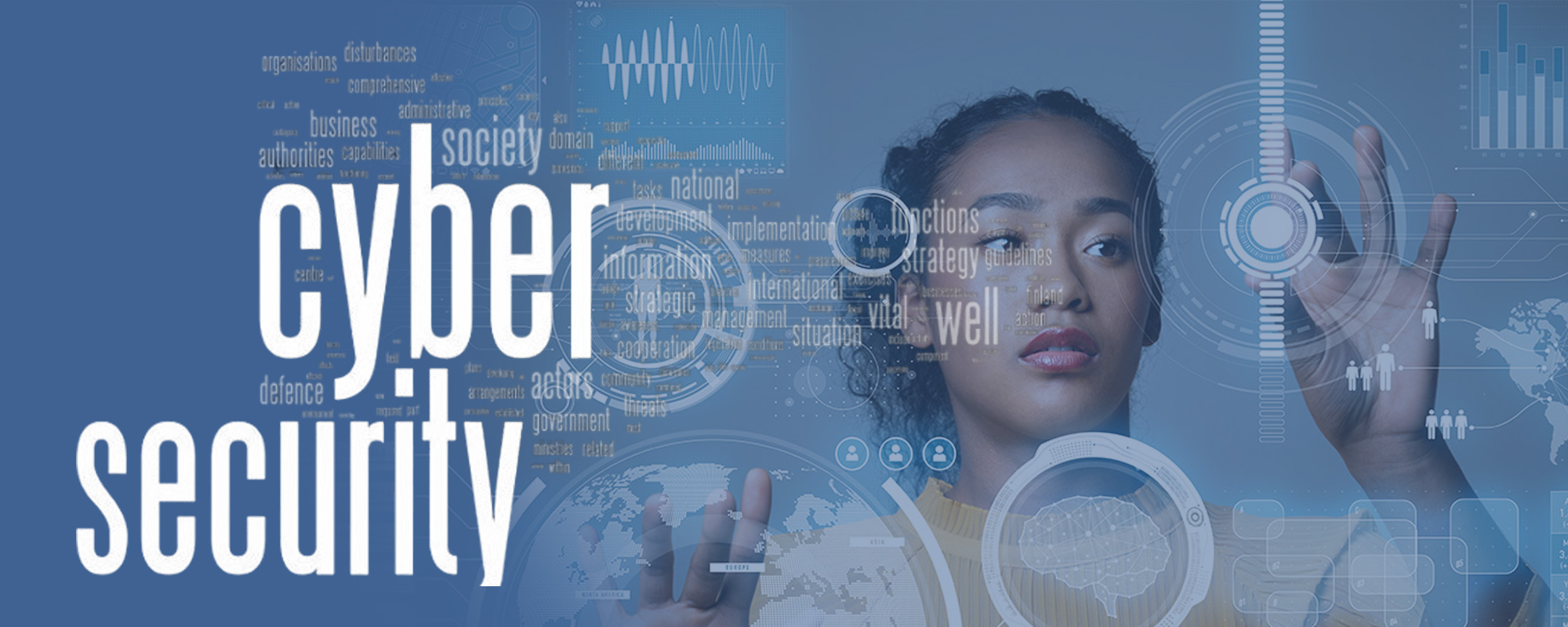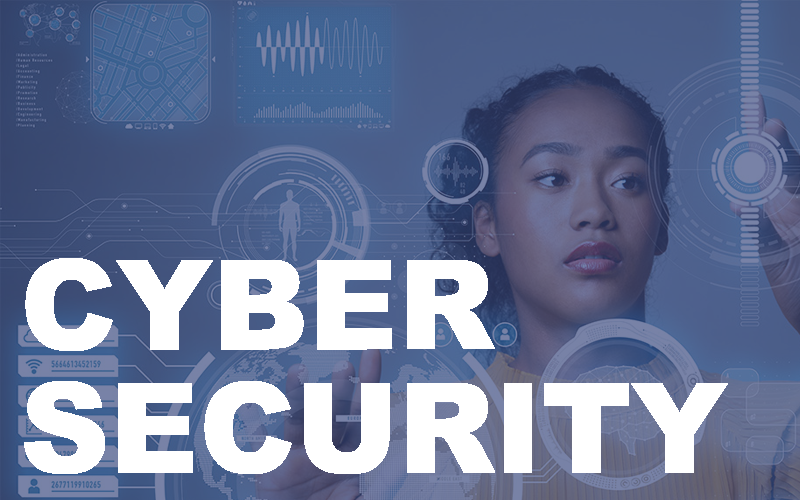The Future Of Work In IT: Trends Redefining The Industry In 2025
Thu, 21 Nov 2024

Follow The Stories Of Academics And Their Research Expeditions

A cyber security expert, sometimes referred to as a cyber security professional or specialist, guards the networks, data, and computer systems of an organisation against illegal access and security cyberattacks. Their main responsibility is to guarantee the availability, confidentiality, and integrity of digital resources and information. The following are some of the main duties and assignments that a cybersecurity specialist usually completes:
Create and put into effect cyber security policies and plans based on the unique requirements and hazards of an organisation.
Evaluate the organization's security protocols and pinpoint any gaps or vulnerabilities in the infrastructure.
Firewalls, intrusion prevention systems (IPS), intrusion detection systems (IDS), and other network security technologies should be configured and maintained.
Use encryption, endpoint detection and response (EDR) systems, and antivirus software to monitor and safeguard endpoints (computers, cellphones, and tablets).
To reduce vulnerabilities, apply software patches and upgrades on a regular basis.
Keep an eye out for security alerts and look into possible security breaches.
Create plans for responding to security incidents and take the lead in containing and mitigating them.
Examine security incidents to identify the underlying reason and stop them from happening again.
Inform staff members and users on best practices and understanding on cyber security.
To raise awareness of security issues, hold phishing simulations and training sessions.
Use identity and access management (IAM) solutions to control user access to resources and systems.
To improve the security of authentication, use multi-factor authentication (MFA).
Assure adherence to legal requirements and industry standards (such as ISO 27001, NIST, and GDPR).
Conduct risk analyses and create plans for mitigating risks.
Conduct vulnerability scanning, penetration testing, and security assessments on a regular basis.
Keep records of all security incidents, inquiries, and resolutions.
Send management and pertinent stakeholders reports and updates.
To ensure that security measures are in line with the aims and objectives of the company, collaborate closely with IT teams, managers, and other relevant parties.
Effectively communicate security threats and suggestions.
The requirements for a profession in cyber security include a combination of technical expertise, human qualities, and educational background. An essential place to start is with a foundation in computer science, which is often obtained through a bachelor's degree. Nonetheless, in this ever-changing sector, it is imperative to never stop studying and keeping up with new dangers and technological advancements.
Both a thorough awareness of cyber security principles and procedures as well as proficiency in programming languages, network protocols, and system administration are prerequisites. A competitive edge can be obtained with certifications like CEH, CISSP, and CompTIA Security+. A successful cybersecurity worker also has to possess strong problem-solving skills, attention to detail, and ethical integrity because these skills are essential for safeguarding sensitive data and reducing cyber risks.
Enhancing one's practical experience via internships, ethical hacking exercises, or capture-the-flag (CTF) challenges reinforces their preparedness for a fulfilling career in cyber security.
These are some crucial abilities for cyber security:
Being aware of network architecture, protocols, and security measures.
Ability to secure and manage a variety of operating systems, such as Windows, Linux, and macOS.
Setting up and maintaining security devices such as firewalls and intrusion detection and prevention systems (IDS/IPS).
Understanding of encryption methods to safeguard data both at rest and in transit.
Identifying and fixing application and system vulnerabilities.
Evaluating and reducing the risk of malware.
Proficiency in Python, PowerShell, or Bash for automating tasks and creating tools.
Recognising cloud computing platforms such as AWS, Azure, and Google Cloud's security best practices.
Safeguarding servers, mobile devices, and PCs.
Locating and fixing web application vulnerabilities.
Effectively handling and addressing security incidents.
Being aware of different cyberthreats and attack methods.
Familiarity with security products including antivirus programmes, access control systems, and SIEM (Security Information and Event Management) systems.
Knowledge of cyber security standards and frameworks such as ISO 27001, NIST, and CIS Controls.
Using effective communication techniques, non-technical stakeholders can understand security principles.
The ability to reason critically and decide under duress.
Meticulous attention to detail in order to identify abnormalities and possible weaknesses.
Respecting moral standards and a strict code of ethics, particularly in positions such as penetration testing and ethical hacking.
Keeping up with new dangers and the always changing field of cyber security.
Taking part in training courses, workshops, and conferences in order to increase one's knowledge and abilities.
Familiarity with a range of cyber security software and tools for security management, monitoring, and scanning.
Your abilities and knowledge can be verified by industry-recognized certifications such as CompTIA Security+, Certified Information Systems Security Professional (CISSP), Certified Ethical Hacker (CEH), Certified Information Security Manager (CISM), and others.
Knowledge of the laws and rules pertaining to cyber security that are pertinent to your area or sector.
Recognising risk assessment, risk reduction techniques, and risk-based security measure prioritisation.
The capacity to collaborate well with management, IT teams, and other stakeholders to match organisational objectives with security measures.
The ability to teach staff members and users about awareness and best practices for cyber security.
The field of cyber security is dynamic, therefore it's critical to keep informed and flexible. Experts frequently focus on particular facets of cyber security, such as ethical hacking, network security, cloud security, or application security. Developing a broad skill set and keeping up with the latest developments in the field are essential for a successful career in cyber security.
Thu, 21 Nov 2024

Sat, 17 Aug 2024

Leave A Comment